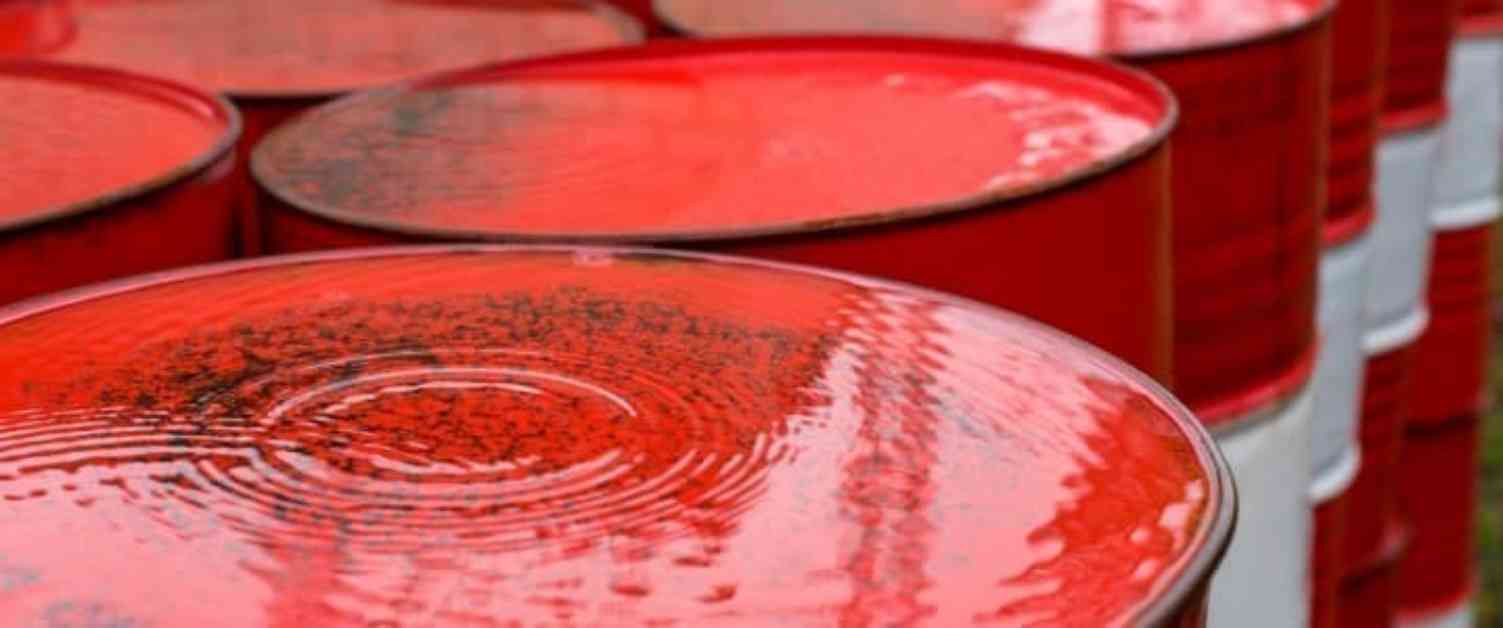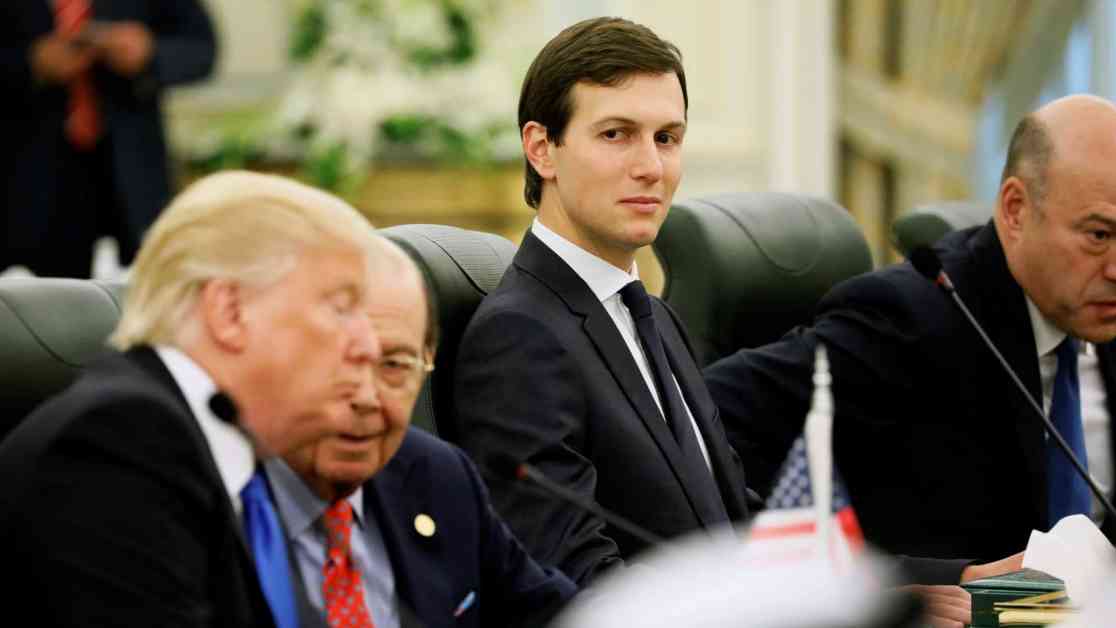The recent conflict between Russia and Ukraine has caused a significant shift in global oil trade dynamics. While some countries have chosen to reduce or ban Russian oil imports, others have increased their trade relations with Russia. China, in particular, has emerged as the largest buyer of Russian oil, with imports increasing by over 40% from 2021 to 2023.
Following the invasion of Ukraine, the US, UK, and EU implemented complete bans or significant reductions in Russian oil imports. In contrast, countries like India, China, and Türkiye have deepened their trade ties with Russia, taking advantage of the excess oil supply in the market.
India saw the largest increase in oil imports from Russia, rising from 100,000 barrels per day (bpd) to 1.9 million bpd between 2021 and 2023. China, as the biggest net importer, also significantly increased its imports of Russian oil during the same period. Additionally, Türkiye increased its imports by 500,000 bpd. Other regions like Africa, the Middle East, and Latin America also saw slight increases in their imports of Russian oil.
These shifting trade dependencies highlight Russia’s changing economic relationships with different regions. The country is becoming less reliant on the West and more dependent on China for trade. In the aftermath of the Ukraine invasion, China has become a crucial trading partner for Russia, with exports to Russia growing significantly compared to exports to the rest of the world.
On the other hand, Russia’s reliance on the EU has decreased, as the country seeks to diversify its trade partnerships. South Korea and the US have also made efforts to distance themselves from China amid escalating geopolitical tensions. The global crude market dynamics demonstrate how political conflicts can impact trade relationships and trading patterns.
Overall, the Russian oil market’s response to geopolitical tensions underscores the importance of strategic trade decisions in a rapidly changing global landscape. As countries navigate these complexities, the need for diversified trade partnerships and resilient economic policies becomes increasingly crucial.

















